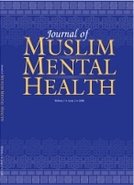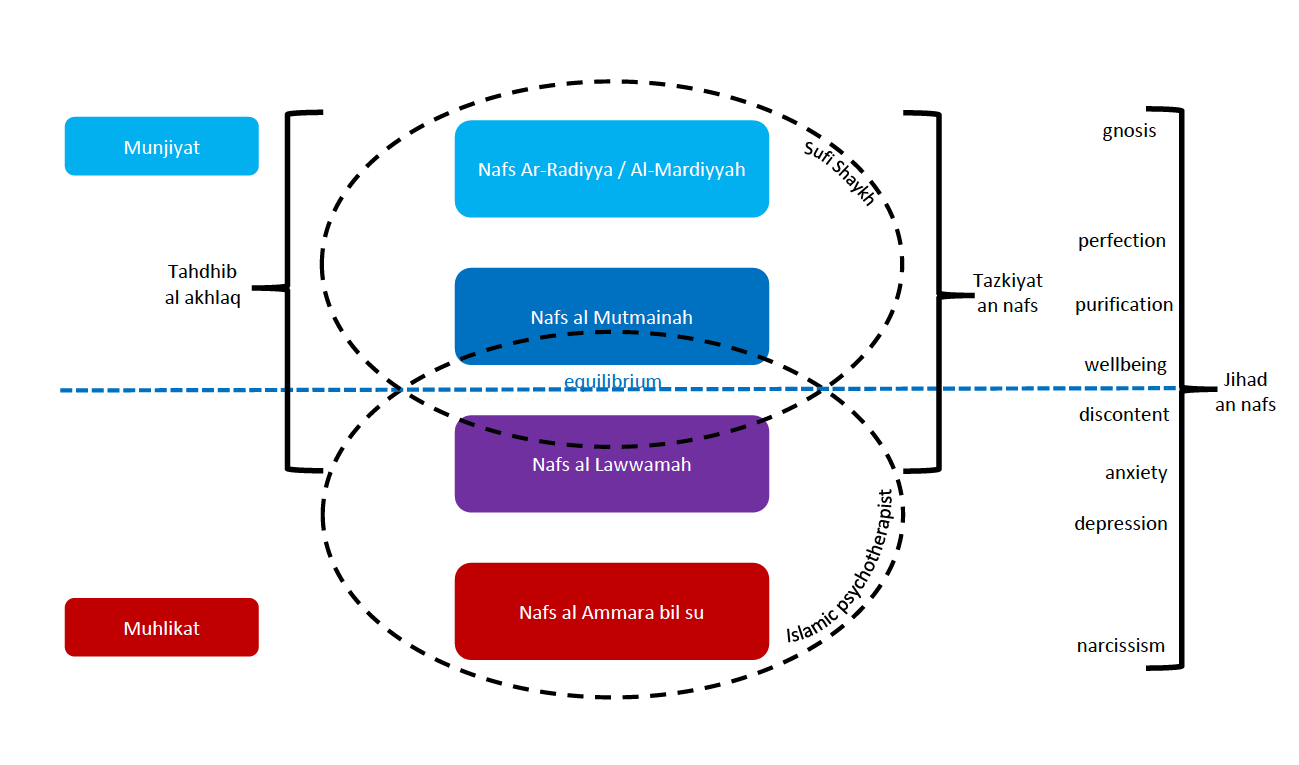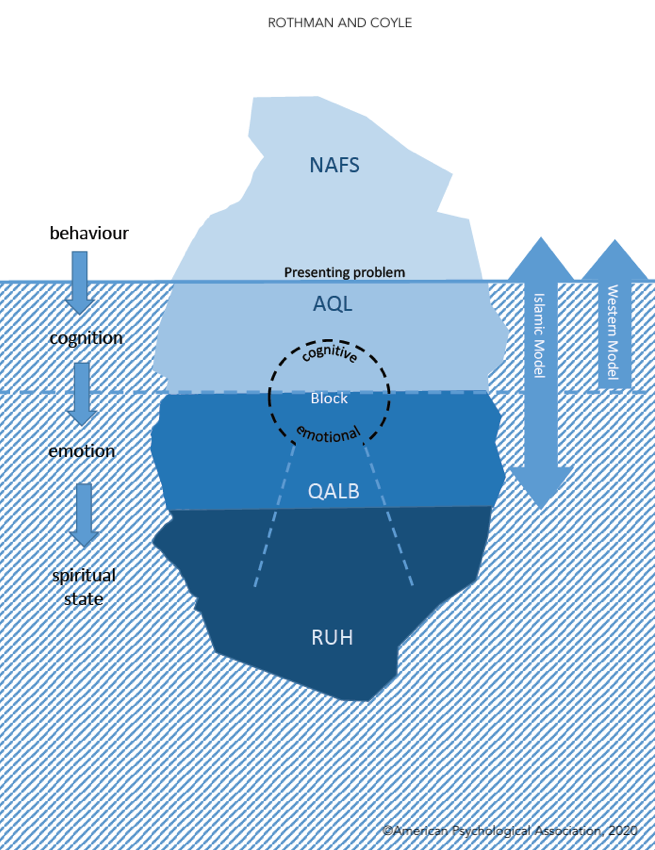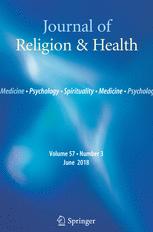|
This paper presents findings from a study which examined the application of an Islamic model of the soul in psychotherapy. It addresses the clinical scope of an Islamic psychotherapy. Interviews with 18 psychotherapists who believed that they integrate Islamic conceptions of psychology into their practice were analysed using a grounded theory approach. Findings centered on the stages of the soul with which Islamic psychotherapy is concerned and the potential for inter-stage movement, and the relationships between and demarcation of the roles of Islamic psychotherapist and religious guide or shaykh. A data-grounded model of the clinical scope of Islamic psychotherapy is presented. The advance online publication version is available with institutional access at APA's website here The accepted manuscript version is available by open access here Model of Clinical Scope of Islamic Psychotherapy (Rothman & Coyle, 2021)This article builds upon an Islamic model of the soul (Rothman & Coyle, 2018) to develop a data-grounded, experience-based ‘iceberg model’ of Islamic psychotherapy. The findings and the model offer new insights for the continued development of clinical interventions within an approach to psychotherapy that has Islamic integrity and explicitly values Muslims’ religious orientations and commitments. The advance online publication version is available with institutional access at APA's website here The accepted manuscript version is available by open access here The Iceberg Model of Islamic Psychotherapy (Rothman & Coyle, 2020)
Abstract
A uniquely Islamic theoretical framework for an Islamic psychology has yet to be established. To do so requires that we understand how human beings are conceptualized within the cosmology that characterizes the Islamic tradition. This paper presents a model of the soul from within an Islamic paradigm, generated through a grounded theory analysis of interviews with 18 key informants with relevant academic or religious expertise. The model elaborates aspects of a mechanism for the development of the soul that constitutes a potential foundation for an Islamic theory of human psychology and has particular relevance for Islamic approaches to psychotherapy. Researchers from around the world have conducted numerous studies in the last few decades exploring the unique cultural and religious nuances of the application of clinical psychology to Muslim clients as a response to the traditional Eurocentric narratives of psychology. This paper is a review of the last 10 years of research within this domain. A thematic analysis was conducted to identify research topical trends in the literature related to the subject. The following five themes emerged: 1) Unification of western psychological models with Islamic beliefs and practices; 2) Research on historical accounts of Islamic Psychology and its rebirth in the modern era; 3) Development of theoretical models and frameworks within Islamic Psychology; 4) Development of interventions and techniques within Islamic psychology; and 5) Development of assessment tools and scales normed for use with Muslims. Recommendations are also provided to help direct future research efforts to expand underdeveloped areas in this field.  Read the full article in the Journal of Muslim Mental Health that was co-authored by Abdallah Rothman with Amber Haque, Hooman Keshavarzi and Fahad Khan |
AuthorAbdallah Rothman Categories
All
Archives
September 2023
|





 RSS Feed
RSS Feed